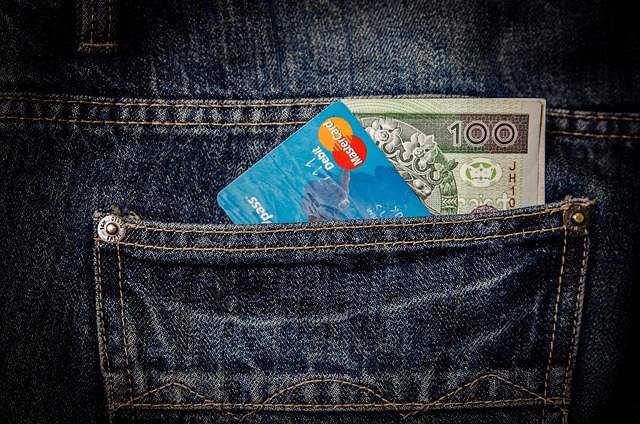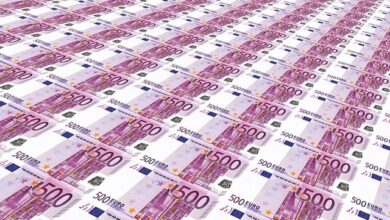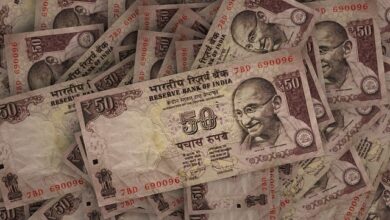Best Investment Opportunities in France

France, as one of the largest economies in Europe and a global leader in innovation, culture, and tourism, offers a wide range of investment opportunities across various sectors. Whether you’re an individual investor, entrepreneur, or institutional player, France provides a fertile ground for growth due to its strategic location, skilled workforce, robust infrastructure, and favorable business environment. In this article, we’ll explore some of the best investment opportunities in France, highlighting key sectors, regions, and strategies to maximize returns.
1. Real Estate: A Timeless Investment
The French real estate market remains one of the most attractive options for investors, thanks to its stability, high demand, and diverse property types.
A. Residential Properties
- Urban Centers: Cities like Paris, Lyon, Bordeaux, and Nice continue to see strong demand for rental properties due to population growth and limited housing supply.
- Paris: Despite being one of the most expensive markets globally, Paris offers long-term appreciation potential, particularly in up-and-coming neighborhoods like Belleville or La Chapelle.
- Regional Cities: Secondary cities such as Toulouse, Nantes, and Montpellier are experiencing rapid urbanization, making them ideal for affordable yet lucrative investments.
- Vacation Rentals: Coastal areas like the French Riviera (Côte d’Azur), Brittany, and Corsica attract tourists year-round, creating opportunities for short-term rental income through platforms like Airbnb.
B. Commercial Real Estate
- Office spaces in major business districts (e.g., La Défense in Paris) are in demand, especially with the rise of hybrid work models.
- Logistics and industrial properties near ports (e.g., Marseille, Le Havre) or along transport corridors benefit from e-commerce growth.
C. Renovation Projects
Investing in older properties and renovating them can yield significant profits, particularly in historic towns or rural areas where restoration incentives may apply.
2. Technology and Innovation
France is rapidly emerging as a hub for tech startups and innovation, supported by government initiatives like La French Tech and tax incentives for research and development.
A. Startups and Venture Capital
- Paris-Saclay: Known as Europe’s “Silicon Valley,” this region hosts cutting-edge research institutions and tech companies specializing in AI, biotech, and clean energy.
- Lyon and Lille: These cities are becoming startup hotspots, offering lower operational costs compared to Paris.
- Key Sectors: Fintech, healthtech, agritech, and edtech are booming industries ripe for investment.
B. Green Tech and Sustainability
France has committed to ambitious climate goals, creating opportunities in renewable energy (solar, wind, hydro), electric mobility, and sustainable agriculture.
3. Tourism and Hospitality
France attracts over 90 million international visitors annually, making tourism a cornerstone of its economy. Investing in this sector can be highly rewarding.
A. Boutique Hotels and B&Bs
Small-scale accommodations in picturesque locations—such as Provence, Normandy, or Alsace—are increasingly popular among travelers seeking authentic experiences.
B. Wine Tourism
France’s world-famous wine regions (Bordeaux, Burgundy, Champagne) offer opportunities to invest in vineyards, wineries, or hospitality ventures catering to oenophiles.
C. Cultural and Heritage Sites
Restoring and operating châteaux, castles, or historic landmarks can generate revenue through guided tours, events, and luxury stays.
4. Agriculture and Food Industry
France is renowned for its agricultural excellence and gastronomy, presenting unique investment prospects.
A. Organic Farming
Demand for organic products is rising both domestically and internationally. Investing in organic farms or cooperatives can capitalize on this trend.
B. Agri-Tech
Technologies that improve crop yields, reduce water usage, or enhance supply chain efficiency are gaining traction.
C. Specialty Foods
Artisanal cheeses, charcuterie, pastries, and other gourmet items have export potential, especially in premium markets like the U.S., Japan, and China.
5. Renewable Energy
With its commitment to achieving carbon neutrality by 2050, France is investing heavily in green energy projects.
A. Solar and Wind Power
Large-scale solar farms and offshore wind projects are actively supported by government subsidies and feed-in tariffs.
B. Hydrogen Economy
France aims to become a leader in hydrogen production, particularly for industrial applications and transportation.
C. Energy Efficiency Solutions
Retrofitting buildings with energy-efficient technologies aligns with national decarbonization efforts and qualifies for tax breaks.
6. Luxury Goods and Fashion
France dominates the global luxury market, home to iconic brands like Chanel, Louis Vuitton, and Hermès. While entering this competitive space requires substantial capital, there are still niche opportunities:
- Emerging Designers: Supporting new talent in fashion, jewelry, or accessories can yield high returns if their brand gains traction.
- E-commerce Platforms: Online sales of luxury goods are growing exponentially, offering room for digital innovation.
7. Healthcare and Life Sciences
France’s healthcare system is among the best in the world, driving advancements in medical technology and pharmaceuticals.
A. Biotechnology
Investments in biotech firms focused on drug discovery, gene therapy, or personalized medicine show promise.
B. Telemedicine
The shift toward remote healthcare services presents opportunities for app developers and service providers.
C. Senior Care Facilities
An aging population creates demand for assisted living facilities and home care services.
8. Education and Training
France’s emphasis on lifelong learning and vocational training opens avenues for investment in educational institutions and platforms.
- EdTech Startups: Companies developing online courses, language apps, or skill-building tools cater to a global audience.
- International Schools: Expanding private schools offering bilingual or international curricula appeals to expat families.
9. Regional Development Zones
Certain regions in France offer special incentives to attract investors, including tax breaks, grants, and reduced labor costs.
- Corsica: Benefits from EU funding for tourism and infrastructure projects.
- Northern France: Industrial hubs like Lille and Dunkirk provide access to European markets via rail and sea routes.
- Occitanie: This southern region is known for its dynamic economy, blending traditional industries with modern innovations.
10. Government Incentives for Investors
France actively encourages foreign and domestic investment through various programs:
- French Tech Visa: Simplifies visa processes for tech entrepreneurs and investors.
- CIR (Research Tax Credit): Offers tax deductions for R&D expenditures.
- Pinel Law: Provides tax reductions for investments in rental properties meeting specific criteria.
- ZFU (Urban Free Zones): Grants exemptions on corporate taxes and social charges for businesses operating in designated economically disadvantaged areas.
11. Tips for Successful Investments in France
- Understand Local Regulations: Familiarize yourself with zoning laws, tenant rights, and tax obligations before committing funds.
- Partner with Experts: Collaborate with local real estate agents, lawyers, or consultants to navigate bureaucratic hurdles.
- Diversify Your Portfolio: Spread investments across multiple sectors to mitigate risks.
- Stay Updated: Monitor economic trends, policy changes, and market dynamics to adapt your strategy accordingly.



